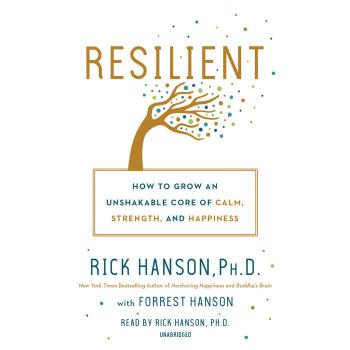 Real Evangelism by Bailey E. SmithReal Evangelism by Baily E. Smith is a book about evangelism. At the outset, I was encouraged to read this book by a fellow evangelist Sam Moore. Baily Smith is an authority in revival evangelism. The book includes information about the use of evangelism in the church. There are many stories and illustrations to help the pastor understand the importance of evangelism.
Real Evangelism by Bailey E. SmithReal Evangelism by Baily E. Smith is a book about evangelism. At the outset, I was encouraged to read this book by a fellow evangelist Sam Moore. Baily Smith is an authority in revival evangelism. The book includes information about the use of evangelism in the church. There are many stories and illustrations to help the pastor understand the importance of evangelism.
Having said that, I was disappointed in the book for several reasons. First, the implication a pastor gets after reading the book is that he is doing things wrong. The title states that there is only certain types of evangelism that work. The subtitle of the book “Exposing the Subtle Substitutes,” hints at this approach. For example, the chapter titles give the reader the impression that the reader is doing evangelism incorrectly. Instead of stating positive solutions to problems, Smith uses titles that strongly suggest the wrongness of something about evangelism. Stating the negative about a topic is a poor writing method. This also gives the immediate impression that the reader is wrong and the writer is the only one who is correct. In other words, it gives a condescending tone to the reader. The content in the chapter is for the most part well written and useful. However, Smith gives the reader the wrong impression that his form of evangelism is wrong. Smith should have spent more time sharing with the reader how to do evangelism correctly. More information on good methods would have been helpful.
I shook my head in disagreement with many of Smith’s thoughts in the book. Primarily because I think he has a bias slanted toward revival evangelism, he is unable to see other forms of evangelism as useful methods. For example, Smith states that multiplying disciples is not a good method of evangelism. He makes the claim that people who use this method are really Christians converting Christians (19-20). Yet, Paul mentioned this method of discipling others in 2 Timothy 2:2. So is Paul incorrect? I also don’t see how Smith gets the idea that a person who is multiplying disciples is automatically reaching out to other Christians. His argument is a flawed attempt to deflect the reader from the real issue: how to do real evangelism.
The book was obviously written before the prevalence of a post-modern mindset, before social media gave people the opportunity to question their faith openly. Smith states that soul-winners are people who don’t have doubts or raise questions (59-60). This kind of writing illustrates my concern with the book. One would think that Smith would address the fact that people raise questions and doubts. It would have been helpful to have a section that describes how to deal with soul-winning even when you have doubts and questions, rather than criticize Christians as ineffective because they spend time raising questions and not spend time winning souls.
The book should have been a helpful guide about how to be a better evangelist. Instead, the book is condescending to the reader. Although Smith has helpful words for the pastor (110-123), the book as a whole is not the best book on evangelism. Are there good stories? Yes. Are there good illustrations and quotes? Yes. Does it help me be a better evangelist? No. It does its job in exposing problems, but it is weak on solutions. In the end, the book does not describe effective methods or help get the church back to effective soul-winning – even though the subtitle says otherwise. I realize that Smith was called “Mr. Evangelist” because he was able to save and baptize thousands of people. I just wish he would have spent his time in this book encouraging other Christians in the work of evangelism.












